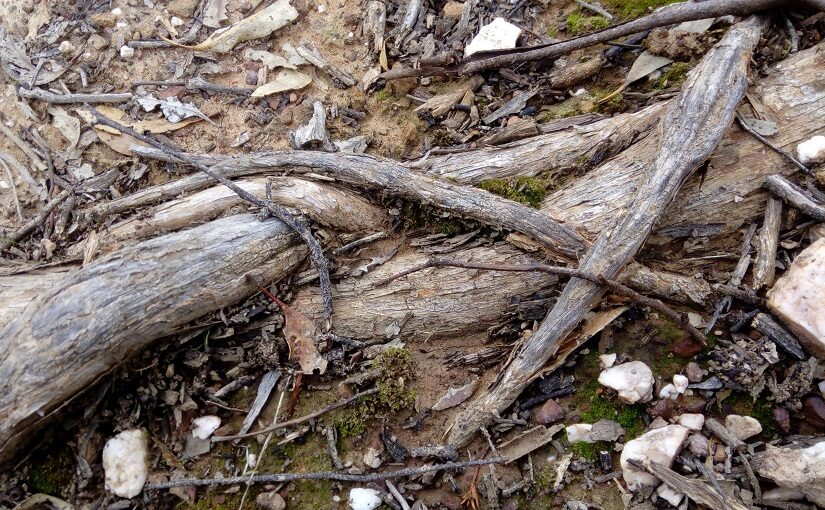In so many aspects of life, the desire to retreat can easily seem as strong as the need to engage. Almost as if all the problems of the past and difficulties of the present engulf us within complex situations we can perhaps only hope to resolve: time, flowing into our lives, presenting us with a picture of all we need to fix if the future’s not to be worse or, even, the same.
On the personal as much as the collective or systemic levels, so much is deeply flawed (Notes One). And, in ways we cannot – as human beings – resign ourselves to simply letting be part of our lives. Don’t we have a responsibility, as thinking beings, to ensure that the world we’re upholding makes sense and bears up to scrutiny? To make sure our reasoning holds water.
Sometimes it seems the whole of our history can be seen as the paths from ignorance to enlightenment: all that we didn’t know, understand or appreciate gradually being brought to light through the extremely valid resistance to practices or ways of being that don’t live up to the ideals we’ve placed at the helm of modern Western society.
Almost as if the path of civilisation is this outworking of thought, as reality itself tests our commitment to the principles we rightly hold dear – equality, freedom, togetherness. All the time we get it wrong, isn’t it vitally important that’s challenged? Individually or collectively, letting people know when values aren’t yet being successfully brought to life seems essential to the realisation of any ideals.
If, though, life is lived somewhere between ideas and realities, how are we to stand within it when both our thinking and our systems may be mistaken? Are we to cling to things, refusing to budge or re-evaluate where our thoughts may’ve come from? Holding dearly to the psychological or material security that past may have furnished us with. Or, throw it away from us in disgusted betrayal?
Unpicking the formative ideas which shaped our thinking as much as they did the realities that we’re trying to understand seems an incredibly complicated, confronting task (Notes Two). Aren’t our thoughts deeply nested within our environment and the beliefs – worthy or otherwise – of those who sought to help us find our feet within it? Isn’t “all this” a strangely tangled, intensely lived blend of various people’s intentions?
As humans – often, identified mostly with thought – changing our minds about anything seems understandably challenging. Where are we to stand as we unpick these threads we’d been given and lived our lives around? Are we to doubt everything, if we come to see our own judgement or understanding as having been flawed? Does the ground beneath us simply crumble? (Notes Three)
That we stand in the flow of time, picking up what’s handed to us, seems strange; even if it’s the only way we can really go about things. Hopefully, in shoring up our foundations, we’re better prepared to find the right paths from here.
Notes and References:
Note 1: Is this the ultimate test?
Note 1: Making adjustments
Note 1: Finding flaws
Note 2: Where do we get our ideas from?
Note 2: “The Measure of a Man”
Note 2: Power in what we believe
Note 3: The world we’re living in
Note 3: The value of a questioning attitude?
Note 3: How things change
How we might know when we’re on the right track was also part of Doing the right thing, we erase consequences.

